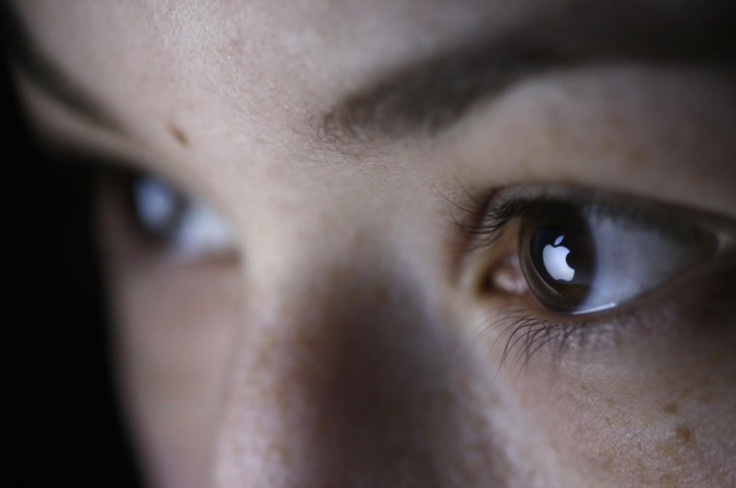Apple Buys Facial Recognition Company Faceshift Which Worked On The New Star Wars Film

In recent years, Apple has been making a number of significant acquisitions in the virtual and augmented reality fields, and it has now added to that stable of companies with the acquisition of Faceshift, a Swiss company, which specializes in motion-capture technology that has been used in the upcoming "Star Wars: Episode VII - The Force Awakens."
The news comes after rumors of the acquisition surfaced earlier this year, with TechCrunch reporting it has dug up "further sources and conclusive links between the companies" and claimed the acquisition was confirmed when Apple issued the following statement, which it typically does when it has acquired a new company:
“Apple buys smaller technology companies from time to time, and we generally do not discuss our purpose or plans.”
TechCrunch says that several Faceshift employees are already working for Apple but remain based in Europe even though the company has offices in San Francisco. Faceshift describes its technology as "markerless motion capture," which allows those utilizing it to "capture realistic and emotional facial expressions," and you can see the technology working in conjunction with Intel's RealSense 3D camera in the video below.
There are no indications of what Apple will use the Faceshift technology for but, to date, it has been used in the film and gaming industries. However, this is just the latest in a long line of acquisitions by Apple in the virtual reality area. In August, the company hired former HoloLens engineer Nick Thompson from Microsoft, which, in combination with Apple's other acquisitions in the area, led noted Apple analyst Gene Munster to speculate: "We believe Apple has a team exploring [augmented reality].”
In 2013, Apple spent $345 million to acquire Israel-based 3D sensing company PrimeSense, known for designing the first Kinect motion-sensor for the Xbox 360, according to Israeli financial newspaper Calcalist. In May, it acquired Metaio, a German augmented-reality startup that provided its services to companies such as Ikea and Ferrari. Back in 2010 Apple acquired Swedish startup Polar Rose, which built a facial recognition system to help identify individuals in photos, for a reported $29 million.
Apple’s work with AR and VR goes back to at least 2006, according to a patent titled “Peripheral Treatment for Head-Mounted Displays,” published by the U.S. Patent and Trademark office. Apple credits director of mechanical engineering at Sonos John Tang and iPod creator Tony Fadell for the invention.
© Copyright IBTimes 2024. All rights reserved.






















